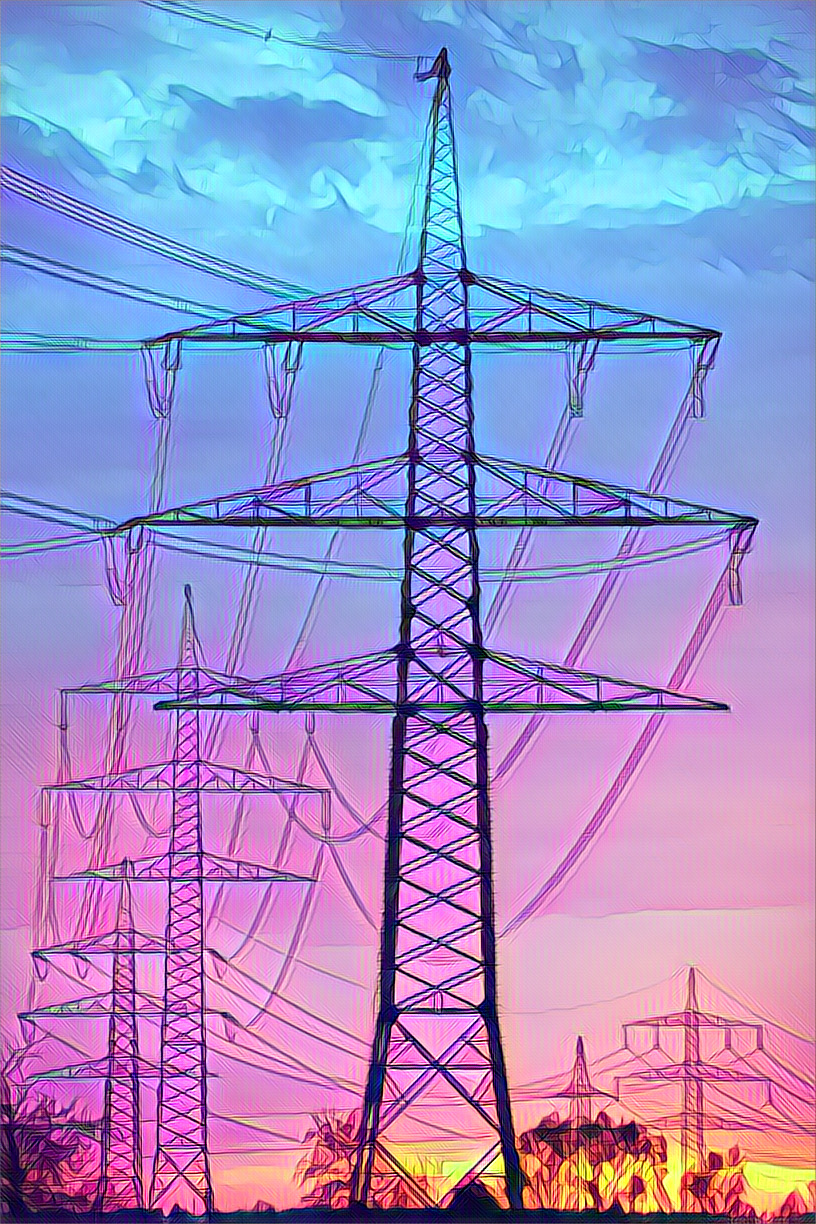Zimbabwe is facing a severe power crisis that is hampering its economic recovery and development. The country is experiencing frequent blackouts that disrupt essential services and productive sectors, such as mining, agriculture, and tourism.
According to the World Bank, Zimbabwe’s power shortages cost the country a total of 6,1% of its gross domestic product (GDP) per year, comprising 2,3% of GDP in generation inefficiencies and excessive network losses, and 3,8% of GDP on the downstream costs of unreliable energy.
Based on a report by Newsday Zimbabwe, the World Bank released its fourth Zimbabwe Economic Update report yesterday, which highlighted the challenges and opportunities for the country’s energy sector.
The Causes and Effects of The Power Crisis
Zimbabwe’s power crisis is mainly caused by inadequate generation capacity, ageing infrastructure, and limited regional power trade. The country relies on two major sources of electricity: the Hwange thermal power station and the Kariba hydroelectric plant. However, both plants are operating below their installed capacity due to low water levels at Kariba and frequent breakdowns at Hwange.
The country also imports some power from neighboring countries, such as Mozambique and South Africa, but these supplies are often unreliable and expensive. In addition, Zimbabwe’s transmission and distribution network is plagued by technical and commercial losses, vandalism, and theft.
The power crisis has a negative impact on the economy and the livelihoods of the people. Electricity deficits are particularly damaging for the mining sector, which is the main source of foreign currency and accounts for about 10% of GDP. Unreliable and expensive electricity supplies reduce the profitability and viability of existing and new mining projects.
The agricultural and agro-processing sectors are also affected by the power crisis, as they depend on electricity for irrigation, cold chain, and storage facilities. These sectors are vital for food security, employment, and export earnings.
Solutions and Opportunities for the Power Sector
The World Bank report urges the government to address the country’s energy deficit and to pursue a comprehensive reform agenda for the power sector. The report recommends several actions, such as:
– Increasing generation capacity by investing in renewable energy sources, such as solar, wind, and biomass, as well as gas and hydro power plants
– Improving the efficiency and reliability of the existing power plants and network by rehabilitating and upgrading the infrastructure, reducing technical and commercial losses, and enhancing maintenance and operation practices. The report estimates that the associated grid network expansion to 2030 will cost a total of US$4,4 billion.
– Strengthening the institutional and regulatory framework of the power sector by implementing tariff reforms, enhancing the financial and operational performance of the state-owned power utility Zesa Holdings, and promoting private sector participation and competition in the sector.
– Enhancing regional power trade and integration by expanding and upgrading the cross-border transmission lines, harmonizing the regulatory and legal frameworks, and establishing a regional power market.
Speaking at the launch of the report, Finance, Economic Development and Investment Promotion minister Mthuli Ncube said electricity infrastructure required US$2 billion.
The World Bank report offers a ray of hope for Zimbabwe’s power sector and its economy. It shows that the country has the potential to overcome its energy challenges and to harness its abundant renewable energy resources.


